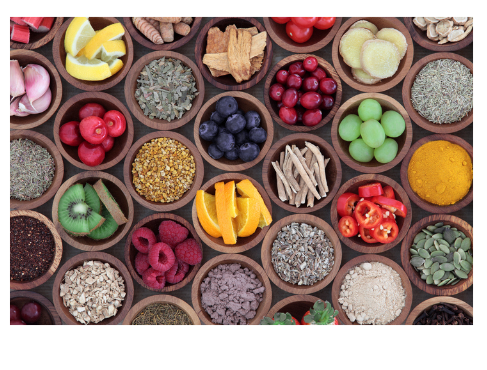So you’re convinced of the benefits of eating organic, but the price tag has got you down. The good news is that with a little creativity and perhaps a change in routine, it is possible to eat a mostly organic diet within the confines of your existing grocery budget. Try some of these ideas that have worked for my family.
Farmer’s Markets
Search your newspaper or online for farmer’s markets in your area. Many times these small farmers utilize organic practices, but you can always ask if in doubt. You can also find “you pick” farms locally if you search. These often have great prices since you have to do the work! Going berry picking is fun as well as educational. Bring the kids and make a day of it.
Buy In Bulk
Larger health grocery stores often have a nice variety of bulk items. Some have bulk bins that allow you to bring your own containers for your grains, soap, maple syrup, and many other products. These can offer huge savings, especially on certain items like spices and herbs. While it may seem odd to buy a 15 pound bag of organic brown rice, if you eat it frequently and have a little space in your freezer, bulk is a smart idea. Bring a calculator and see how much the cost is per serving. You might be pleasantly surprised. Large wholesale chains are also now offering some organic choices.
Skip Boxed and Prepared Foods
Grocery stores typically have a fairly large selection of boxed, convenience foods in the organic section. But you pay a premium for these products. The same goes for precut and washed veggies and fruit.
Spend More Time in the Kitchen
A homemade stew made from organic ingredients will still cost less than non-organic frozen lasagne. It will also be much healthier, without preservatives and other additives. If you have a bread machine gathering dust somewhere, put it to use and make a couple of loaves a week with organic flour. You’ll likely still save money over premade bread from the store. This would be a great task to assign one of your kids.
Know What’s Important to Buy Organic
There are certain foods that are more likely to contain pesticide residues. For instance, fatty items like dairy products, butter, and meats. If you’re on a tight budget, it would be better to buy these items organic than organic produce. Why? Because hormones and pesticide residues will collect in the fatty tissues of animals. You can’t really wash a stick of butter!
Focus on Veggies
If you eat more whole grains, vegetables and beans and use meat as a topping or seasoning agent, you’ll naturally spend much less. Many families find that they can afford to eat mostly organic when they eat less animal protein. Try making vegetarian, bean based dinners at least 3 nights a week.
CSAs and Co-Ops
Do a Google search to find a local community sustained agriculture (CSA) that allows you to trade a little work (or a little money) for fresh organic homegrown goods.
You can also join a co-op to buy just about anything from boxed organic food, vitamins and personal care items. Or just get together with a friend to pool your resources and buy from companies that offer a wholesale program. Search online for co-ops for everything from organic skin care to vitamins to raw milk.
Grow Your Own
If growing your own garden seems overwhelming, just start with one tomato plant or a small windowbox herb garden. Enlist the help of your kids and make it into an educational experience. Or find a neighbor who you can start a small garden with and share the work.
Go Online for Organics
Believe it or not, you can save money by buying organic food online. Some retailers offer free shipping with a small minimum purchase, others offer great prices on bulk items. You can also find coupon codes for some of the retailers. The time and gas savings can also make it very worthwhile.
http://livewellclub.com.au/eating-more-organic-without-busting-the-budget/

